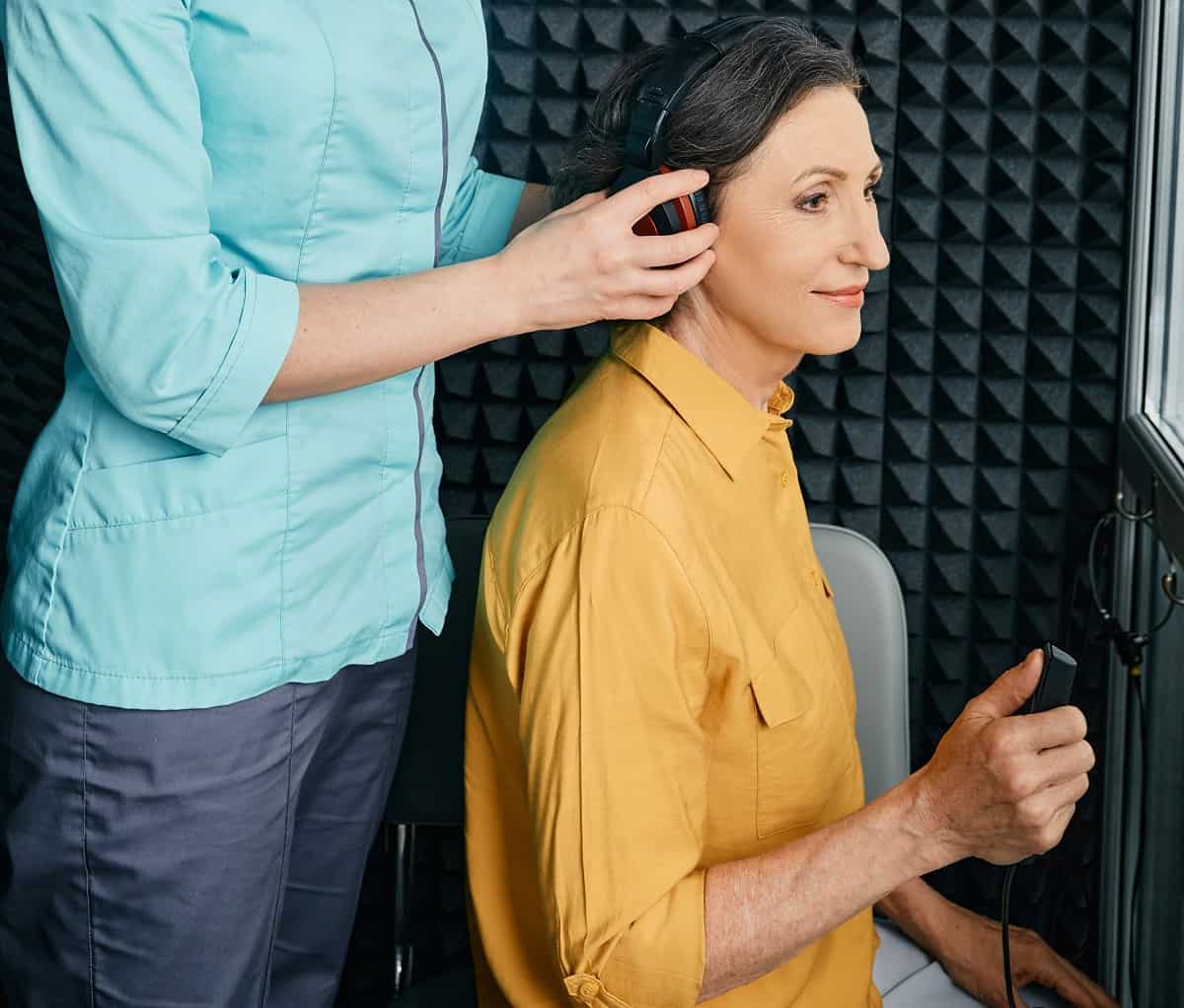
Have you ever felt treated differently because you couldn’t hear? Has your hearing health affected your job or how people treat you when you’re out? The Americans with Disabilities Act (ADA) fights for the rights of people with disabilities, including those who are deaf or hard of hearing. This includes people with hearing loss.
The law that started it all
Having hearing issues does not degrade your intelligence in any way. You may still do well at work even if you require an additional moment to comprehend what was said or need something repeated.
Now there are laws to ensure you are always treated fairly. The Americans with Disabilities Act (ADA) was signed into law in 1990 to ensure that all Americans with disabilities have the same rights. The ADA also protects people who are deaf or hard of hearing. Equal treatment means everyone has the same right to education, jobs, and other opportunities.
Your rights when looking for work.
Under the ADA, employers must treat all applicants the same, even if some have disabilities that can’t be seen. For example, the employer can’t ask you during the job interview if you have hearing loss or make you take a hearing test before giving you a job. They can still ask you questions about how well you can do the job, such as about your communication skills and safety concerns.
Your rights on the job
Did you know it’s your employer’s job to ensure you have what you need? Suppose small changes can be made to help you do your job well, like moving your desk away from a noisy area, having a sign-language interpreter at meetings, or putting up flashing lights as safety warnings. In that case, your employer must make these changes. But they don’t have to make significant changes and probably won’t do a major renovation just to help you hear better.
Workplace hearing protection
If you work in a noisy place, it is your employer’s responsibility to ensure that you have the proper hearing protection. The Centers for Disease Control and Prevention estimate that workers’ compensation for preventable hearing loss costs about $242 million annually.
Your employer is responsible for giving you hearing protection, but it’s up to you to ask for it and always protect your hearing in dangerously loud places of work.
Public Buildings and the ADA
Did you know that you have the same right to get into public buildings as you do to other places? If you’re in a big theater, you should be able to get help like closed captioning or a device to help you hear. Museums must also give people who have trouble attending a device to help them hear. You can also ask for help in courtrooms, conference rooms, concert halls, convention centers, public transportation hubs, hospitals, and other places.
Let your needs be known.
Most employees, staff, and business owners want to do what they can to include you in the community, keep you safe, and ensure you can get the services you need. Most people will be happy to help or make accommodations for you, so don’t be afraid to ask for what you need.
Have you ever been mistreated?
Now that you know your rights, do you think you’ve been mistreated because you can’t hear? Take action and file a Title III complaint with the Department of Justice if you have to deal with discrimination, whether it’s a one-time thing or something that keeps happening repeatedly.
Send a letter with your full name and address, the full name and address of the business or organization that mistreated you, and a description of what happened. Include the event’s date and the terms of any employers or employees who were involved.
How to Treat Hearing Loss
Knowing your rights is integral to living a happy, healthy life, but getting hearing aids is the best thing you can do if you have hearing loss that isn’t being treated. These high-tech gadgets have cutting-edge hardware designed to make it easier for you to talk, work, and be a part of your community. See us today to get started.
